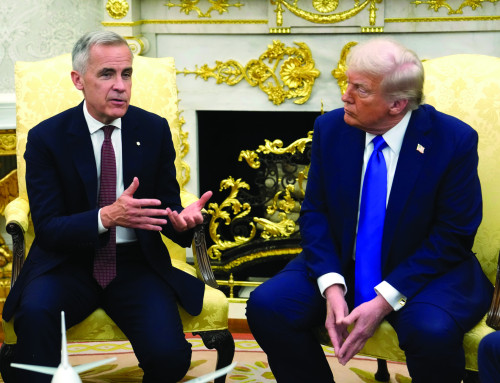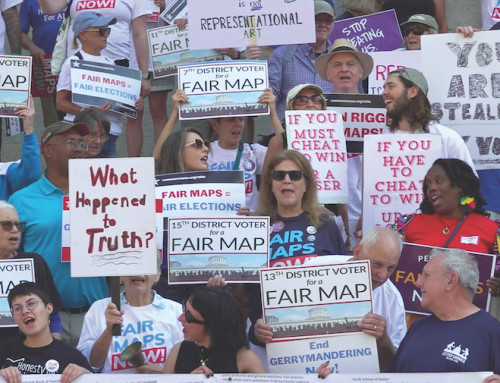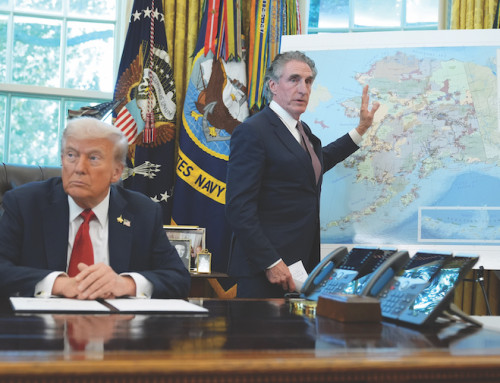A Florida judge this week temporarily blocked the planned transfer of downtown Miami land for President Donald Trump’s future presidential library.
The move by Circuit Judge Mavel Ruiz came after a Miami activist alleged that officials at a local college violated Florida’s open government law when they gifted the real estate to the state, which then voted to transfer it to the foundation for the planned library.
“This is not an easy decision,” Ruiz said when explaining her ruling from the bench, finding that the college didn’t give the public reasonable notice ahead of the vote last month.
“This is not a case, at least for this court, rooted in politics,” she added.
The nearly three-acre property is valued at more than $67 million, according to a 2025 assessment by the Miami-Dade County property appraiser. One real estate analyst wagered that the parcel — one of the last undeveloped lots on an iconic stretch of palm tree-lined Biscayne Boulevard — could sell for hundreds of millions of dollars more.
Marvin Dunn, an activist and chronicler of local black history, filed a lawsuit against the board of trustees for Miami Dade College, a state-run school that owned the property. He alleged that the board violated Florida’s Government in the Sunshine law by not providing sufficient notice for its special meeting on Sept. 23, when it voted to give up the land.
An agenda released ahead of the meeting simply stated the board would consider conveying property to a state fund overseen by Republican Gov. Ron DeSantis and the Florida Cabinet, but provided no details on which piece of property was being considered or why. Unlike every other meeting the board has held this year, the 8 a.m. meeting on Sept. 23 was not livestreamed.
A week later, DeSantis and other top GOP officials voted to transfer the land again, effectively putting the property under the control of the Trump family when they deeded it to the foundation for Trump’s library.
Jesus Suarez, an attorney for the college, argued that MDC did what was required under the law and questioned Dunn’s political motivations for filing the case.
“There is no requirement under Florida law that there be specificity on notice, because those trustees can come into that room and talk to each other about whatever they wish,” Suarez said.
Attorneys for Dunn maintain that no one who wasn’t already in on the deal could have known what the board would do.
“The people have a right to know what they’re going to decide to do when the transaction is so significant, so unusual and deprives the students and the college of this land,” said plaintiff’s attorney Richard Brodsky, speaking with The Associated Press prior to the judge’s decision.








